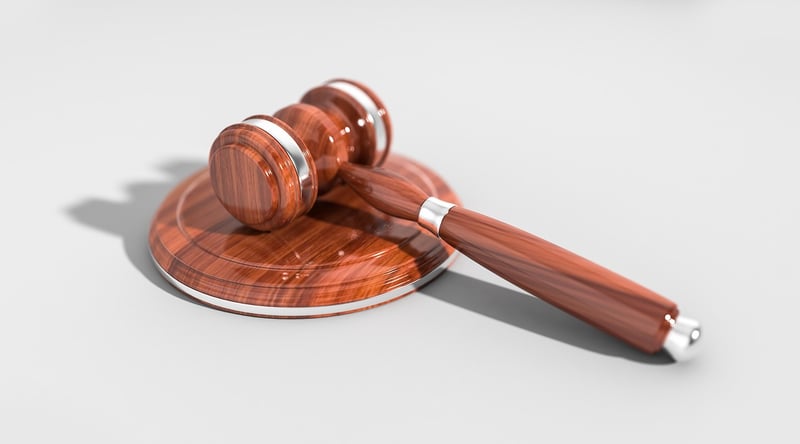Documentation
Ensuring Legal Compliance and Documentation
When it comes to running a business or managing a project, ensuring legal compliance and maintaining proper documentation is crucial. Not only does it help protect your organization from legal risks and liabilities, but it also promotes transparency and accountability.
Why Legal Compliance is Important
Legal compliance refers to the process of ensuring that your business or project follows all relevant laws, regulations, and standards set forth by governing bodies. Failure to comply with these requirements can result in penalties, fines, lawsuits, and damage to your reputation.
Key Benefits of Legal Compliance:
- Minimizes legal risks and liabilities
- Builds trust with stakeholders
- Enhances business reputation
- Avoids costly fines and penalties
- Promotes a culture of ethics and integrity
Importance of Documentation
Documentation plays a vital role in legal compliance by providing a record of actions, decisions, and processes within your organization. It serves as evidence of compliance efforts and can be used to demonstrate due diligence in case of audits or legal disputes.
Types of Documentation for Legal Compliance:
- Company policies and procedures
- Contracts and agreements
- Meeting minutes and resolutions
- Training records
- Incident reports
Best Practices for Ensuring Legal Compliance:
- Stay informed about relevant laws and regulations
- Implement effective compliance programs
- Train employees on compliance policies
- Conduct regular audits and assessments
- Maintain accurate and up-to-date documentation
By prioritizing legal compliance and documentation, you not only protect your organization but also contribute to a culture of integrity and trust. Remember, compliance is an ongoing process that requires dedication and diligence.

For more information on legal compliance and documentation, consult legal professionals or compliance experts to ensure your organization meets all legal requirements.
Remember, compliance is not just a one-time task; it's an ongoing commitment to upholding the law and maintaining ethical standards within your organization.
